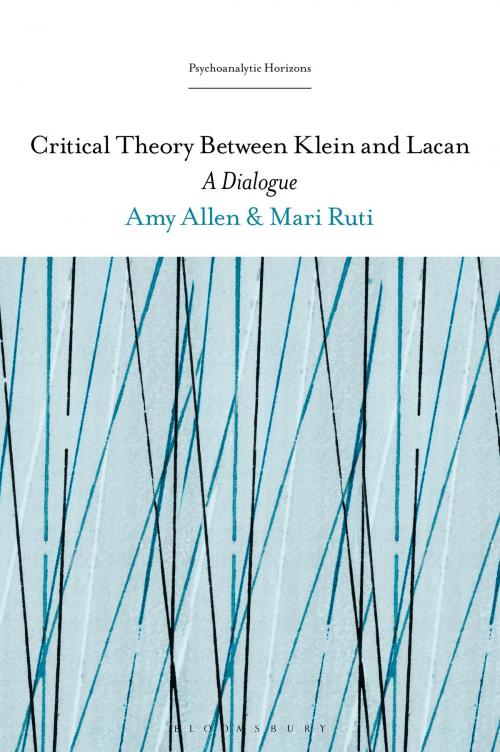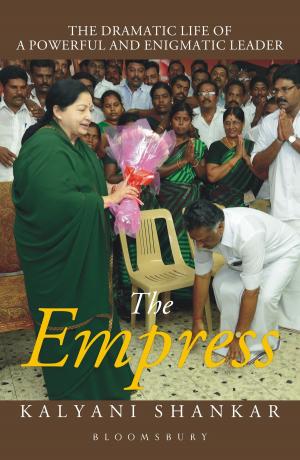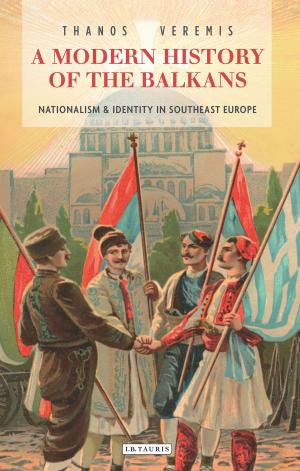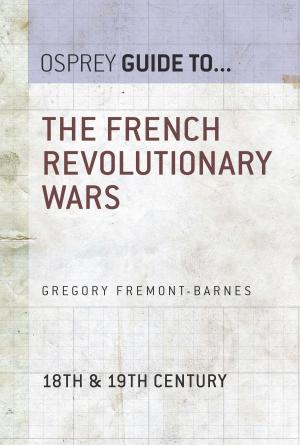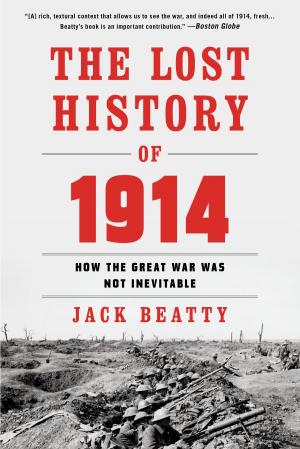Critical Theory Between Klein and Lacan
A Dialogue
Fiction & Literature, Literary Theory & Criticism, European, Nonfiction, Health & Well Being, Psychology, Social & Cultural Studies, Social Science| Author: | Professor Mari Ruti, Professor or Dr. Amy Allen | ISBN: | 9781501352270 |
| Publisher: | Bloomsbury Publishing | Publication: | July 25, 2019 |
| Imprint: | Bloomsbury Academic | Language: | English |
| Author: | Professor Mari Ruti, Professor or Dr. Amy Allen |
| ISBN: | 9781501352270 |
| Publisher: | Bloomsbury Publishing |
| Publication: | July 25, 2019 |
| Imprint: | Bloomsbury Academic |
| Language: | English |
Critical Theory Between Klein and Lacan explores convergences and divergences in the psychoanalytic theories of Melanie Klein and Jacques Lacan, with a special focus on the implications of their work for critical theory, broadly construed. The book is co-authored in the form of a dialogue between Amy Allen, a prominent representative of Frankfurt School critical theory with expertise on Klein, and Mari Ruti, a leading Lacanian critical theorist.
Klein and Lacan are among the two most important and influential psychoanalytic theorists after Freud. Their work has profound implications for how we understand subjectivity, intersubjectivity, autonomy, agency, desire, affect, trauma, history, and the potential for individual and social change. Allen and Ruti offer distinctive interpretations of Klein and Lacan that not only bring out their complexities but also highlight productive points of convergence where most psychoanalytic and critical theorists see irreconcilable differences. The book is organized around key themes that cut across and through the work of Klein and Lacan, culminating in an assessment of the implications of their theories for thinking about politics.
Critical Theory Between Klein and Lacan explores convergences and divergences in the psychoanalytic theories of Melanie Klein and Jacques Lacan, with a special focus on the implications of their work for critical theory, broadly construed. The book is co-authored in the form of a dialogue between Amy Allen, a prominent representative of Frankfurt School critical theory with expertise on Klein, and Mari Ruti, a leading Lacanian critical theorist.
Klein and Lacan are among the two most important and influential psychoanalytic theorists after Freud. Their work has profound implications for how we understand subjectivity, intersubjectivity, autonomy, agency, desire, affect, trauma, history, and the potential for individual and social change. Allen and Ruti offer distinctive interpretations of Klein and Lacan that not only bring out their complexities but also highlight productive points of convergence where most psychoanalytic and critical theorists see irreconcilable differences. The book is organized around key themes that cut across and through the work of Klein and Lacan, culminating in an assessment of the implications of their theories for thinking about politics.
